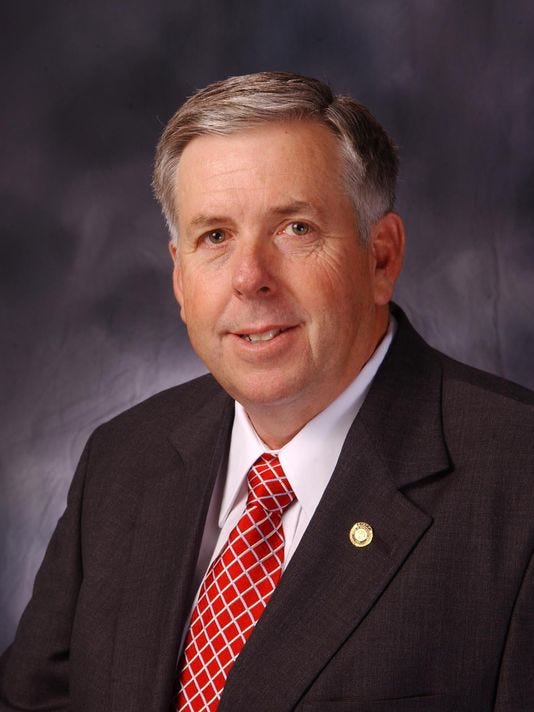Home » News » 2024 » January
News Brief
Jan. 29, 2024 |
By: Farah Siddiqi - Public News Service
Did Parson's abortion stance prompt historic family, education funding?

By Farah Siddiqi - Public News Service
State legislators applauded Missouri Gov. Mike Parson's State of the State address last week - although for very different reasons.
The governor's historic $52 million for programs prioritizing children and early education brought lawmakers to their feet - with his calls for expanding childcare access, and higher pay for teachers and state workers.
But only Republicans stood to applaud his celebration of the state's abortion ban. Parson boasted about the state's "right to choose" status following the overturning of 'Roe versus Wade.'
"When I came to Jefferson City, nearly 8,000 elective abortions were performed annually in Missouri," said Parson. "And as I stand before you today, I am proud to report that number is zero."
Some Missourians think perhaps the governor is acknowledging a need for greater investment in young children, given the state's near-total abortion ban.
House Minority Leader, Rep. Crystal Quade, D-Springfield, said the speech "fell flat" in terms of women's access to reproductive healthcare.
But she said she's optimistic about having the issue on the ballot this fall.
Parson's focus also includes increasing funding for K-12 education by $700 million.
Missouri Children's Trust Fund Executive Director Emily Van Schenkhof said it's important to prioritize children with the greatest needs, and she said she's excited to see that more money could go to those who need it most.
"With this funding increase, we will be at 100% of the market rate for infants and toddlers," said Schenkhof. "For older kids, it only really gets us to about 65%. The governor chose to prioritize infants and toddlers, and I would argue that's the most important group for us to invest in."
Van Schenkhof said she's also pleased with a proposed boost for higher education funding by 24%, and raising teacher pay by $15,000 a year, to a baseline of $40,000 across the state.
![]()






